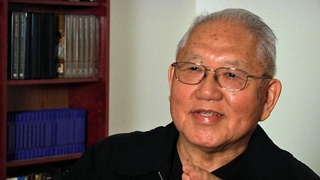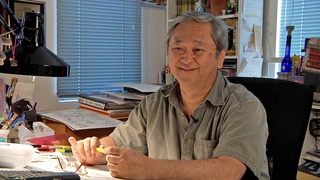Interviews
Why I joined the Japanese American Citizens League
I was too busy trying to make a living before the war—too young. Nobody’s going to listen to a nineteen-year-old kid. My motivations for getting into the JACL [in the mid-1950s]—well first of all, I think it was social. I’m married now, and I have a couple of kids. But it’s nice to sit down with other Nikkei and just chat, share food, enjoy. And JACL provided that here. Also, I think, some of the work the JACL was doing I thought was quite worthy of support, so I got involved.
Date: August 27, 1998
Location: Pennsylvania, US
Interviewer: Darcie Iki, Mitchell Maki
Contributed by: Watase Media Arts Center, Japanese American National Museum.
Explore More Videos


Dreamed of becoming an Enka singer
(b. 1981) Enka Singer

His clothes are part of his identity
(b. 1981) Enka Singer

Hopes everyone pursues their dreams regardless of race or heritage
(b. 1981) Enka Singer

Considers Pittsburg his home, but always wanted to live in Japan
(b. 1981) Enka Singer


The first concert in the United States (Japanese)
(b. 1981) Enka Singer








